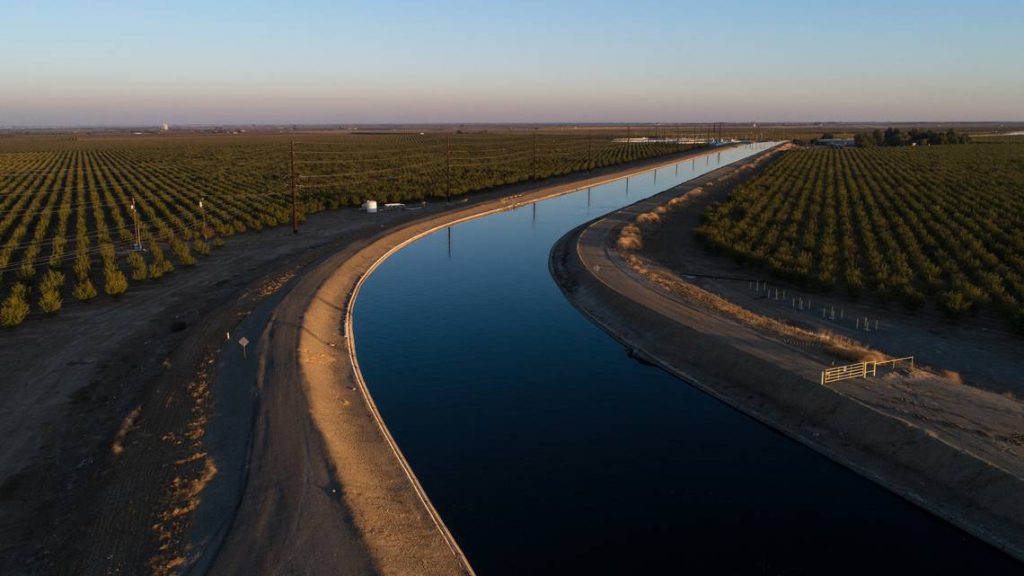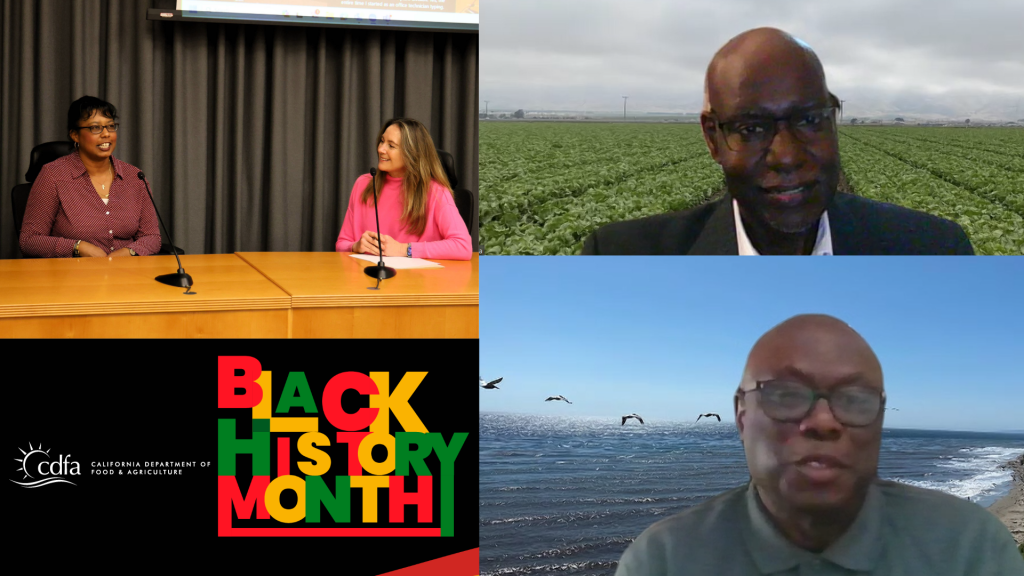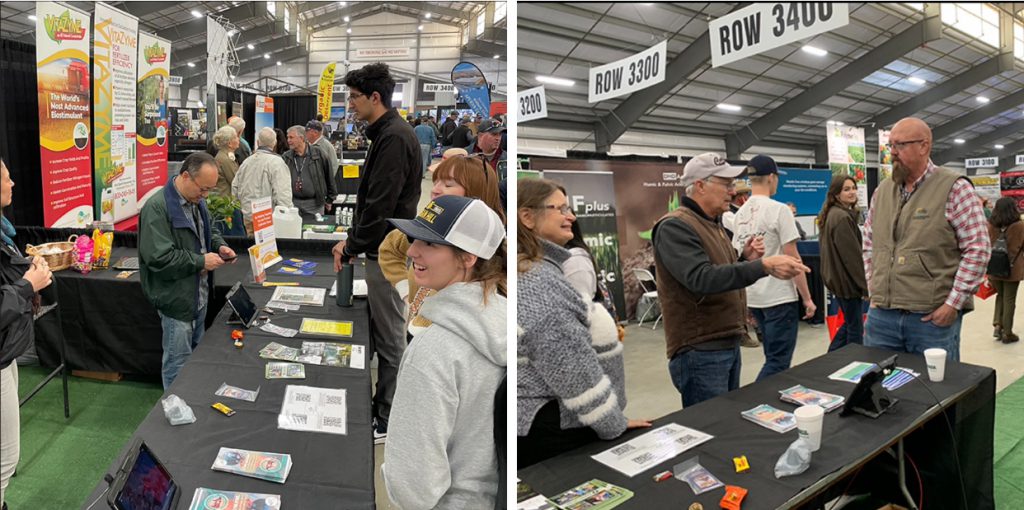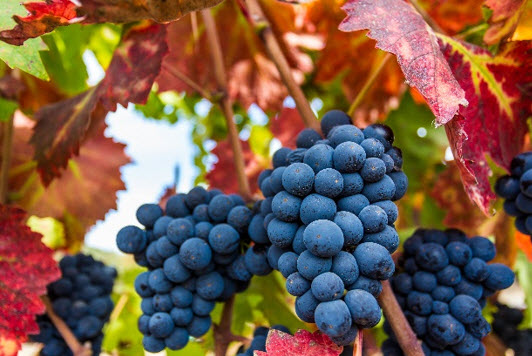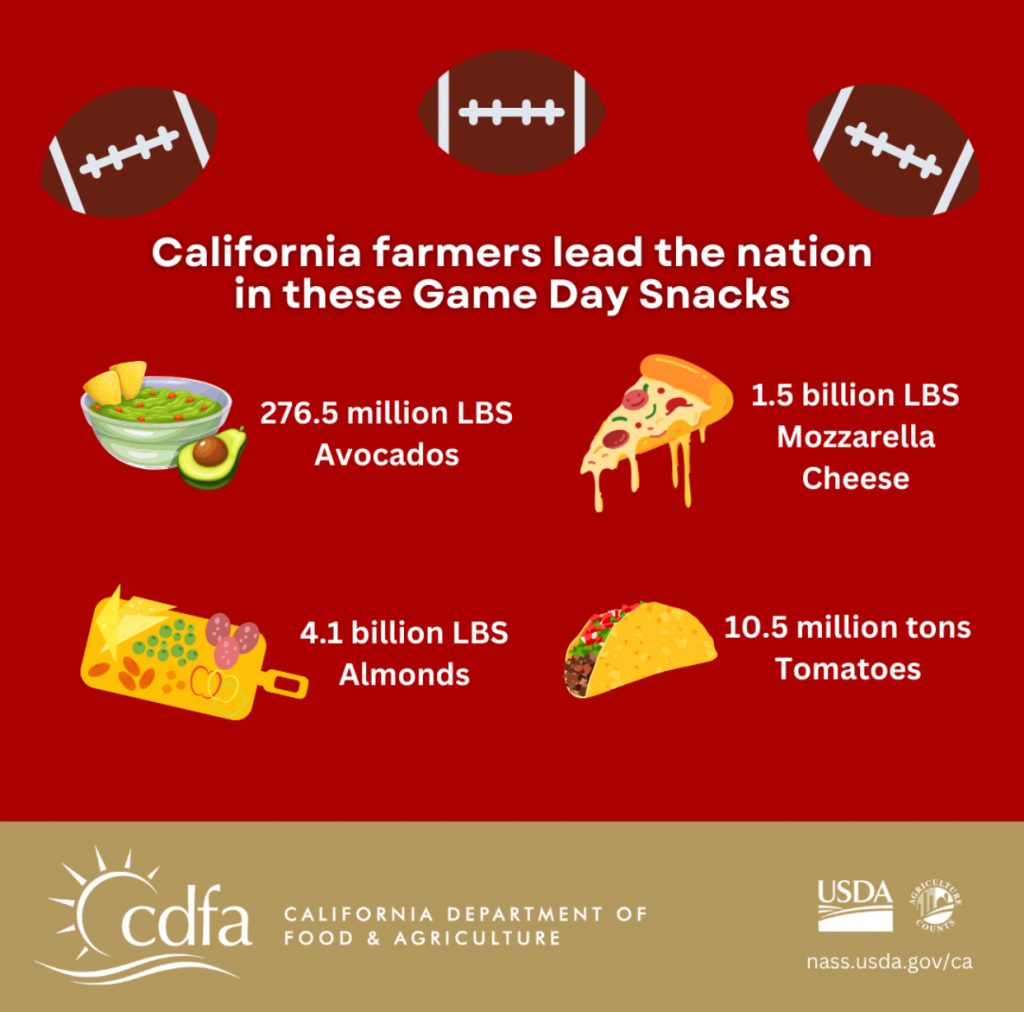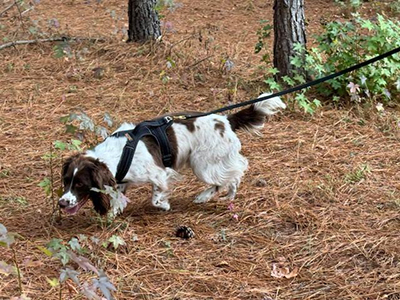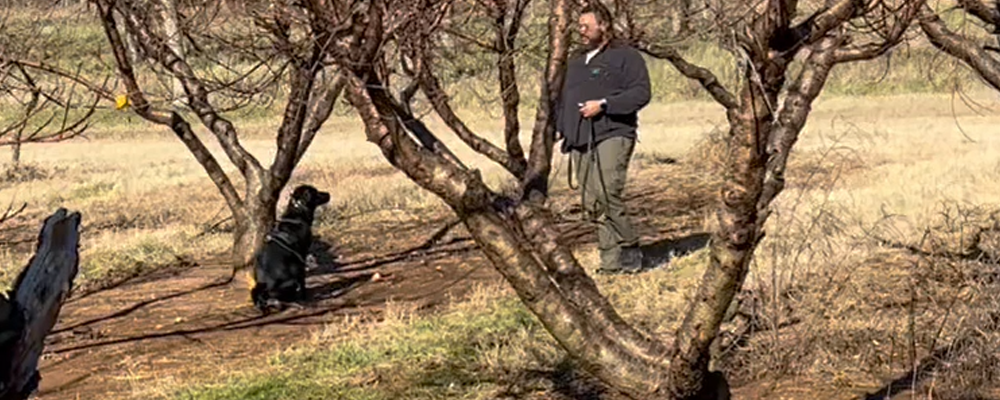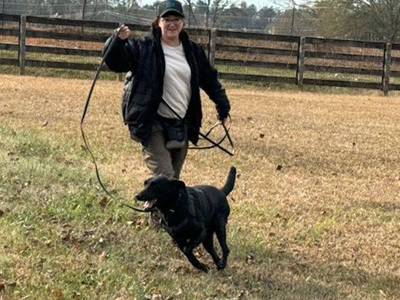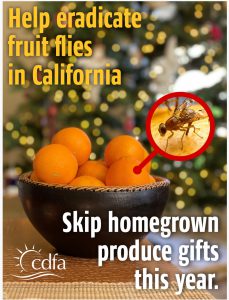2022 Census of Agriculture released today
Taken from a USDA News Release
The USDA’s National Agricultural Statistics Service (NASS) today announced the results of the 2022 Census of Agriculture, spanning more than six-million data points about America’s farms and ranches and the people who operate them.
Among the findings — California continues to have nine of the top-10 counties in the U.S in agricultural production. Grant County, Washington ranked 10th.
“Once again, California has the top agricultural counties in the nation, which is a testament to the resilience and innovation of all those involved in food production,” said CDFA Secretary Karen Ross. “I wish to thank our partners at NASS for the very detailed work required to produce the Census. These data are essential as we consider allocation of resources in our ongoing commitment to help California’s farmers and ranchers remain sustainable and flourishing.”
Census of Agriculture information, which is collected directly from producers, shows a continued decline in the total number of California farms. However, the data also show an increase in the value of agriculture sales in California.
The 2022 Census of Agriculture data show the following key trends for California.
- The number of farms decreased to 63,134, down 10 percent from 2017 with an average size of 383 acres (up 10 percent) on 24.2 million acres of farmland (down 1 percent).
- The market value of agricultural products sold totaled $59.0 billion, up $13.8 billion from 2017.
- Total farm production expenses totaled $49.3 billion, up $11.5 billion from 2017.
- At 16,699 farms, California is the top state using renewable energy producing systems in agriculture. Solar is the most common renewable energy producing system on farms and ranches in The Golden State.
- The average age of the California farmer is 59.9, up from 59.2 in 2017.
- Fresno County ranked #1 in the U.S. — agricultural sales in Fresno County were greater than those in 23 states.
- After Fresno County, the remaining top-10 California counties for ag production are: Tulare, Monterey, Kern, Merced, Imperial, San Joaquin, Stanislaus, Santa Barbara, and Kings.
“The 2022 Census of Agriculture provides a wide range of demographic, economic, land, and crop and livestock production information as well as first-time or expanded data such as hemp, precision agriculture, and internet access.” said Gary R. Keough, Director, USDA NASS Pacific Region. “Many of these data about California and our counties are only collected and reported as part of the every-five-year census.”
The national response rate for the 2022 Census of Agriculture was 61 percent; more than 40 percent of responses were submitted online. California’ response rate was 56 percent. Additional statistical reports, including state and county profiles and congressional districts, will be released throughout 2024.
First conducted in 1840 in conjunction with the decennial Census and conducted since 1997 by USDA-NASS, the Census of Agriculture remains the most comprehensive agricultural dataset for every state and county in the nation.
The full Census of Agriculture report as well as publication dates for additional ag census data products can be found at nass.usda.gov/AgCensus. Ag census data can also be found in NASS’s searchable online database, Quick Stats.



